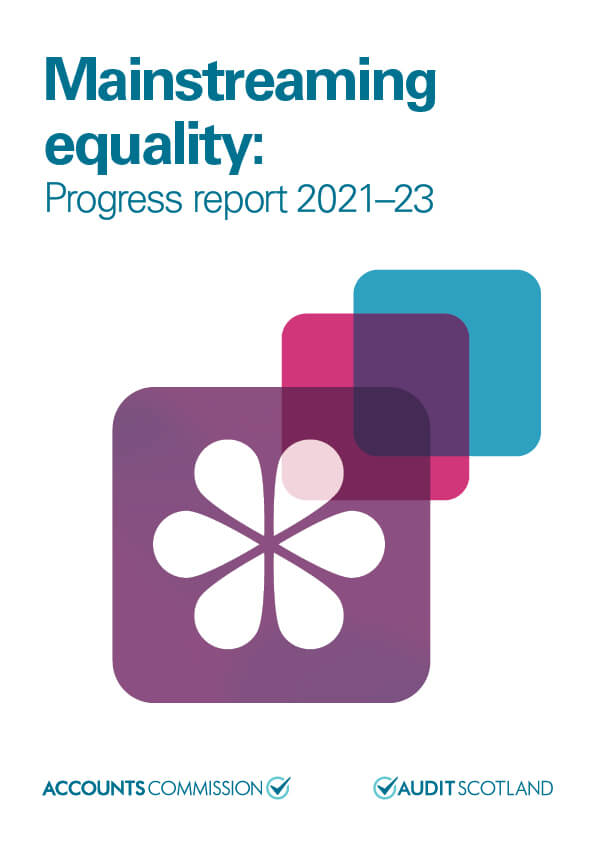Publication: Mainstreaming equality: Progress report 2021-23
by Audit Scotland, Accounts Commission
Mainstreaming equality: Progress report 2021-23
Our report summarises progress in delivering equality outcomes.
Outcome 1
Our work supports the public sector to address inequalities including protected characteristics and socio-economic disadvantage, and to protect human rights.


Reporting
Addressing inequalities and protecting human rights is a priority area in our work programme.
The Accounts Commission set out its priorities for 2021-26 which includes highlighting the contribution local government makes to lessening the impact of inequalities on different communities.
Over the last two years over 70 per cent of our performance audit and best value publications mentioned social and economic factors and protected characteristics.
Equality themes in audit reports, 2021-23

Note: includes performance audit reports, briefings, web outputs and blogs
Outcomes
- Outcome 1: Our work supports the public sector to address inequalities including protected characteristics and socio-economic disadvantage, and to protect human rights.
- Outcome 2: We will increase the diversity of people into Audit Scotland and their progression through every level of our organisation.
- Outcome 3: We will broaden our culture of diversity and inclusion, so all employees feel valued, engaged and contribute.
Examples of publications with a focus on equalities
Good practice
- Dundee City Council - has developed a British Sign Language (BSL) plan to enable BSL users (those individuals whose first or preferred language is BSL) to be fully involved in daily and public life as active, healthy citizens; delivering welfare rights support in GP surgeries; first Living Wage city in the UK; improved its approach to equality impact assessments and rolled out training.
- NHS Tayside – has completed a detailed review of equality, focusing on progressing equality for staff and patients, and set new equality outcomes through consultation with staff and patients. Other activities include a Corporate Equalities Team, networks to support staff in relation to protected characteristics, an Equality and Diversity Champions scheme and staff newsletters.
- East Renfrewshire Council - mandatory training on equalities introduced for all staff; supporting a pilot of Equally Safe, a Scottish Government project to support, strengthen and scale-up Violence Against Women and Girls training.
- Angus council- has adopted a joint equality impact assessment and Fairer Scotland Duty assessment since January 2021 for all relevant committee reports. Tay Cities Region Deal projects are required to meet inclusive growth and Fairer Scotland Duty criteria.
- Progress on implementing the devolved benefits - the Scottish Government has continued to successfully deliver new and complex social security benefits, including the Child Disability Payment, in challenging circumstances. There is a conscious focus on the needs of service users, building on the principles of dignity, fairness, and respect. The Scottish Government has prioritised the delivery of the first phase of its new Scottish Child Payment to support low-income families.
Findings and recommendations
- Annual audit reports have made recommendations to several public bodies about improvements needed to mainstream equalities. This includes implementing staff training, keeping websites and information up to date, and publishing equality impact assessments and mainstreaming reports.
- Covid-19 vaccination programme - overall, excellent progress had been made in vaccinating a large proportion of the adult population, with vaccines delivered in a variety of ways to make it easier for more people to access them. However, a smaller proportion of younger people, those living in the most deprived areas and people from some ethnic groups have been vaccinated.
- NHS in Scotland 2021 - the disproportionate impacts of Covid-19 on certain groups has led to the Scottish Government increasing its focus on tackling health inequalities, but there is no overarching strategy. Several programmes of work are under way targeting specific areas, for example improving women's health, mental health, and improving race equality. But there are no separate plans for other groups such as people with disabilities or experiencing homelessness.
- Local government overview 2022 - Covid-19 continues to disrupt council services. Those already experiencing inequality have felt the impacts of the pandemic and service disruption most strongly. There is a risk of increased digital exclusion. Councils need better local data and community engagement. It is not clear if councils have carried out equality impact assessments or community consultation where they have made changes to service delivery
Case studies
Case studies

Public sector gender pay gap reporting
Our annual audit work found issues with some public bodies' gender pay gap reporting.
We reviewed information from 20 listed public bodies and highlighted how the public sector can improve gender pay gap reporting by:
- raising awareness of the importance of robust gender pay gap reporting
- providing a clear set of actions to drive improvement
- highlighting learning to support good practice.
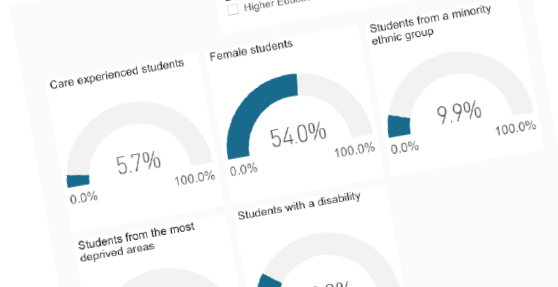
Scotland's Colleges 2022
The report focused on equalities and the personal impact of Covid-19 on students by:
- looking at a wider evidence base and using a range of sources not previously drawn upon
- including equalities related case studies
- using a range of interactive data.
This led to clear findings and recommendations about Covid-19 worsening existing inequalities among students. Younger learners and students with additional support needs or poor mental health find remote learning more challenging.
Publications
We have expanded our range of publications, including blogs and briefings, and tailored them to meet the different communication needs of our audience:
Guidance for auditors
We are further embedding equalities considerations into our audit methodology and guidance to support staff to mainstream equalities considerations in their audit work.
Introducing a Human Rights Based Approach
We've been raising awareness and are considering how we integrate a human rights based approach into our internal policies and our audit approach based on the PANEL principles.
External influence and engagement
We have regular engagement with various external stakeholders to share insights and learning. And use our knowledge and insight to influence practice by responding to consultations such as The Equalities, Human Rights and Civil Justice Committee’s pre-2022/23 Budget Scrutiny.
Equalities and human rights advisory group (EHRAG)
Members of our external equalities group provide expert advice and valuable feedback, helping us to focus on reducing inequalities and improving outcomes for the most vulnerable.
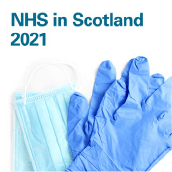
NHS in Scotland 2021 engagement with EHRAG
The audit scope took account of feedback from EHRAG, which contributed to the equalities messages in the final report. Discussions also highlighted useful data sources and points for consideration in other audit work, particularly social care and the Covid-19 vaccination programme.
Outcome 2
We will increase the diversity of people into Audit Scotland and their progression through every level of our organisation.

Increasing diversity in our workforce
Audit Scotland has a diverse workforce compared to the Scottish population in relation to gender and ethnic minority background. The number of staff who have declared a disability at Audit Scotland has increased each year. We are actively supporting our employees to declare diversity information helping us better understand the needs of our workforce.
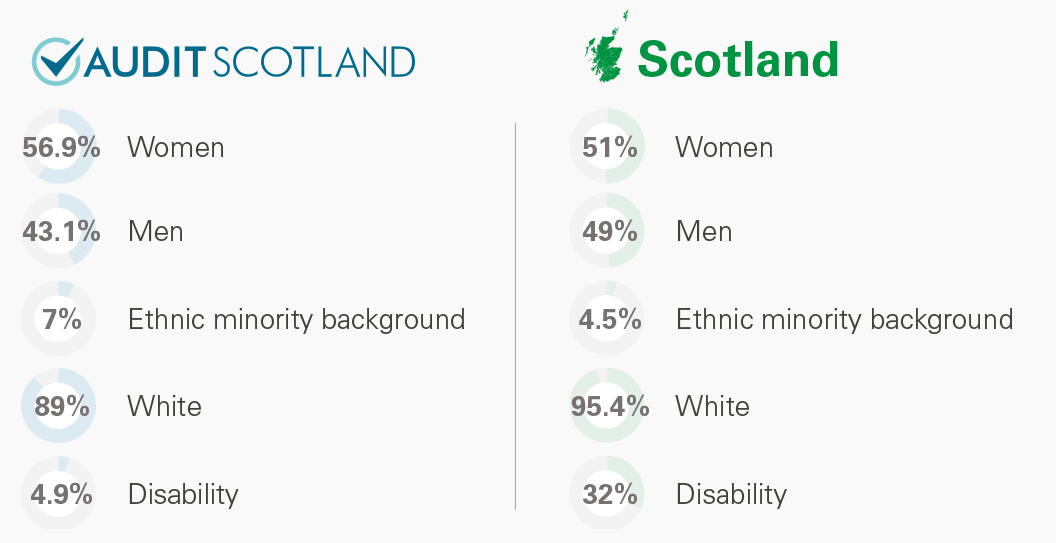
Audit Scotland
- 56.9% Women
- 43.1% Men
- 7% Ethnic minority background
- 89% White
- 4.9% Disability
Scotland
- 51% Women
- 49% Men
- 4.5% Ethnic minority background
- 95.4% White
- 32% Disability
Audit Scotland Gender Pay Gap
In March 2022, our mean gender pay gap was 7.4% and our median gender pay gap was 12.5%. In 2021/22, there were 32 permanent promotions made across Audit Scotland, of which 65 per cent were women.
Widening recruitment
Recruitment and selection training for staff has a strong focus on equality and diversity. We continue to find ways of attracting further interest from a more diverse range of candidates.

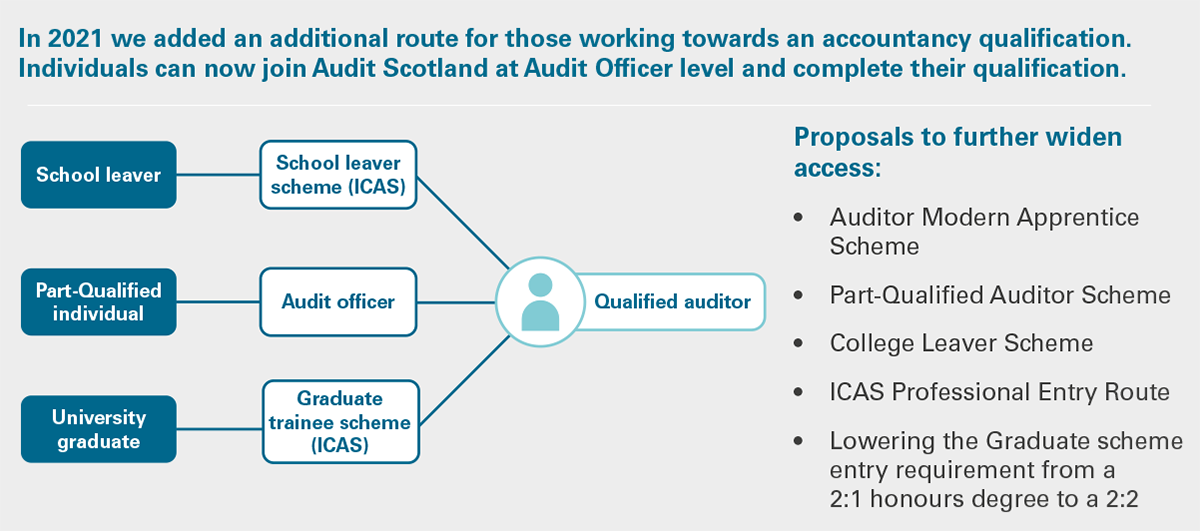
In 2021 we added an additional route for those working towards an accountancy qualification. Individuals can now join Audit Scotland at Audit Officer level and complete their qualification.
- School leaver - School leaver scheme (ICAS) - Qualified auditor
- Part-Qualified individual - Audit Officer - Qualified auditor
- University graduate - Graduate trainee scheme (ICAS) - Qualified auditor
Proposals to further widen access:
- Auditor Modern Apprentice Scheme
- Part-Qualified Auditor Scheme
- College Leaver Scheme
- ICAS Professional Entry Route
- Lowering the Graduate scheme entry requirement from a 2:1 honours degree to a 2:2
Note: ICAS: Institute of Chartered Accountants of Scotland
Outcome 3
We will broaden our culture of diversity and inclusion, so all employees feel valued, engaged and contribute.

We have increased the visibility of our staff diversity network groups. These provide a supportive environment for colleagues to share personal experiences.

Carers support group

LGBTQ+ Network

The Managing Menopause group

REACH (Race, ethnicity and cultural heritage)

Disability Confident
To broaden knowledge of equality, diversity and inclusion we have a range of resources and support such as online learning, internal events and Healthy Working Lives activities.
In 2022 key achievements included:
Elaine Boyd OBE, Audit Director, has been named as one of Britain's most influential disabled people in 2022 and recently featured in Able magazine. Elaine has worked for Audit Scotland since 2002 and is a passionate advocate for equality, diversity and inclusion. Elaine was awarded the OBE in the 2023 New Year's Honours list.
We continued to be recognised as 'very good to work for' by Best Companies. Key factors include staff support from leadership, supporting charitable activities, recruitment practices to increase diversity and high levels of wellbeing.

Looking ahead
We recognise we have more to do. Our focus over the next two years will include:
- Continuing to improve staff awareness and knowledge on inequalities and human rights.
- Exploring audit methodologies to help us mainstream equalities, better understanding and reflecting user views and lived experience in our work. This includes increasing our focus on protected characteristics, developing a service user engagement strategy, and forming a youth panel.
- Increasing accessibility of our publications.
- Increasing the diversity of our workforce, particularly within more senior positions.
- Continuing to enhance and support staff equality networks.
- Working with an external equality partner who will provide advice and benchmark our progress.

Outcomes
- Outcome 1: Our work supports the public sector to address inequalities including protected characteristics and socio-economic disadvantage, and to protect human rights.
- Outcome 2: We will increase the diversity of people into Audit Scotland and their progression through every level of our organisation.
- Outcome 3: We will broaden our culture of diversity and inclusion, so all employees feel valued, engaged and contribute.
The Accounts Commission is committed to broadening the diversity of our members. Our approach has begun to be successful, but more is needed to ensure members of the Commission reflect Scotland’s communities and bring wider lived experience of Scotland’s public services.
Dr William Moyes Chair of the Accounts Commission
In Audit Scotland we are agreed that we need to broaden the diversity of our workforce. We’ve made progress and it’s welcome that we are becoming a more diverse organisation. But we can do more.
Stephen Boyle Auditor General for Scotland
- File type:
- File size:
- 797.73 KB
- Video transcript
- File type:
- - rtf
- File size:
- 101.01 KB
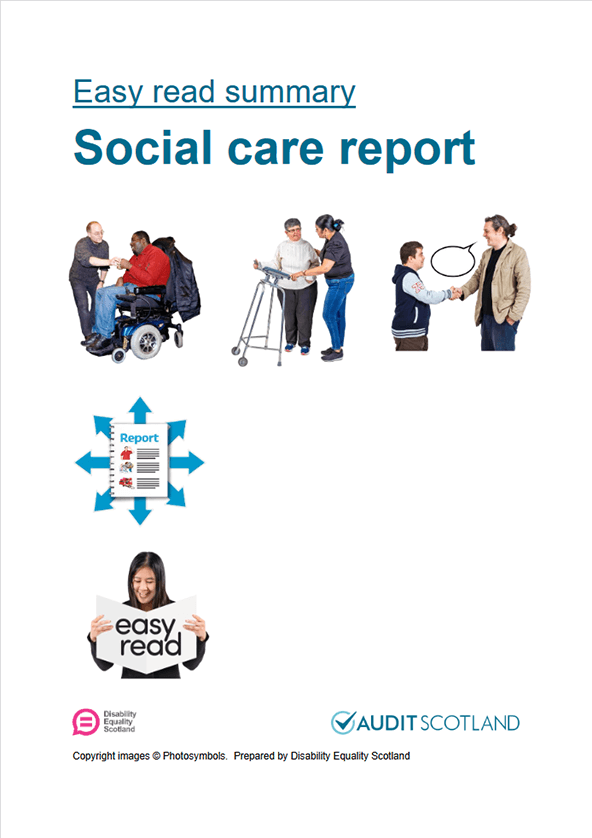 Easy Read guides
Easy Read guides 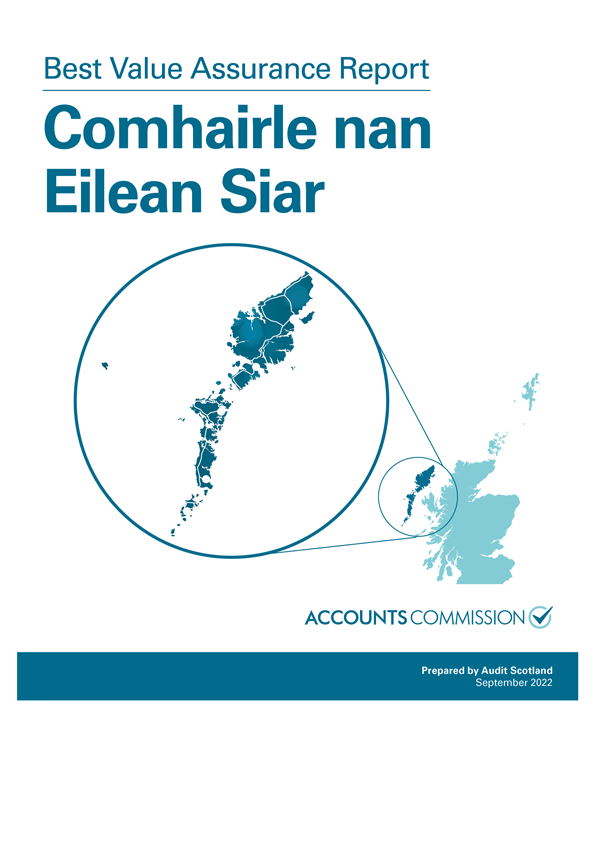 English and Gaelic
English and Gaelic 